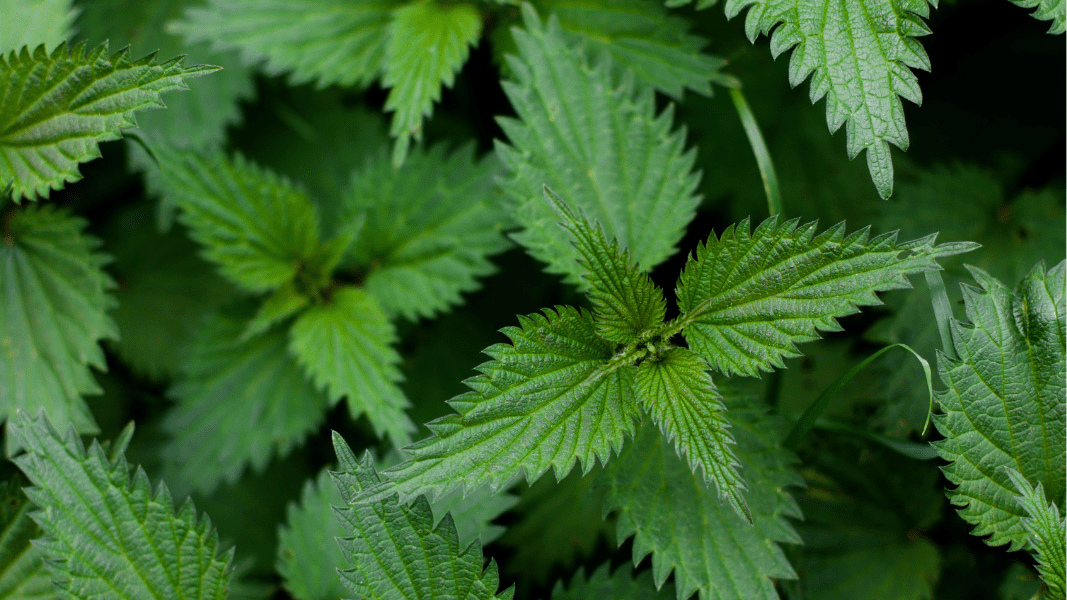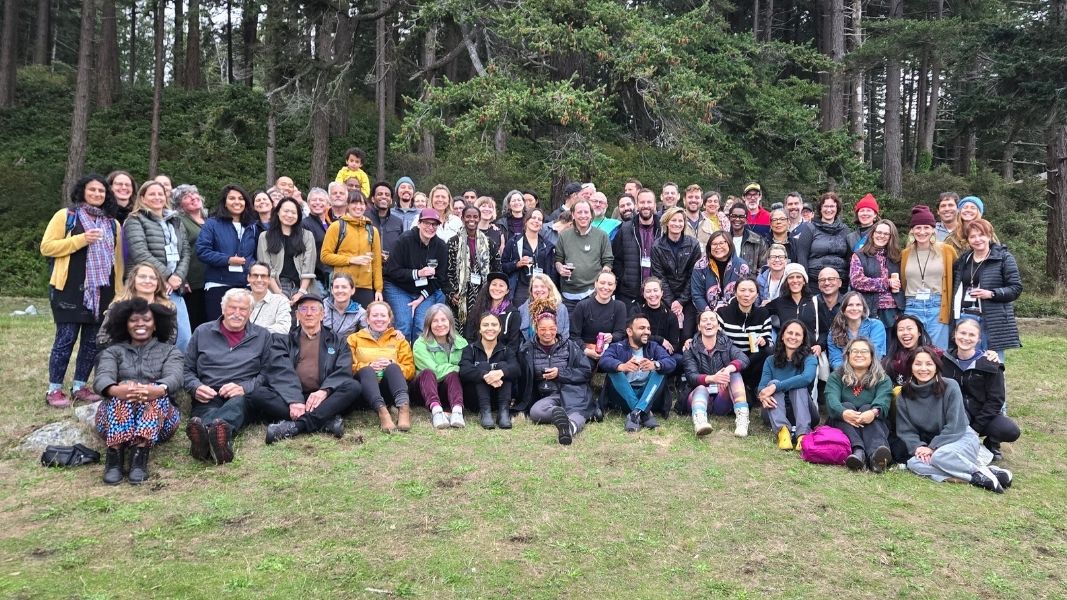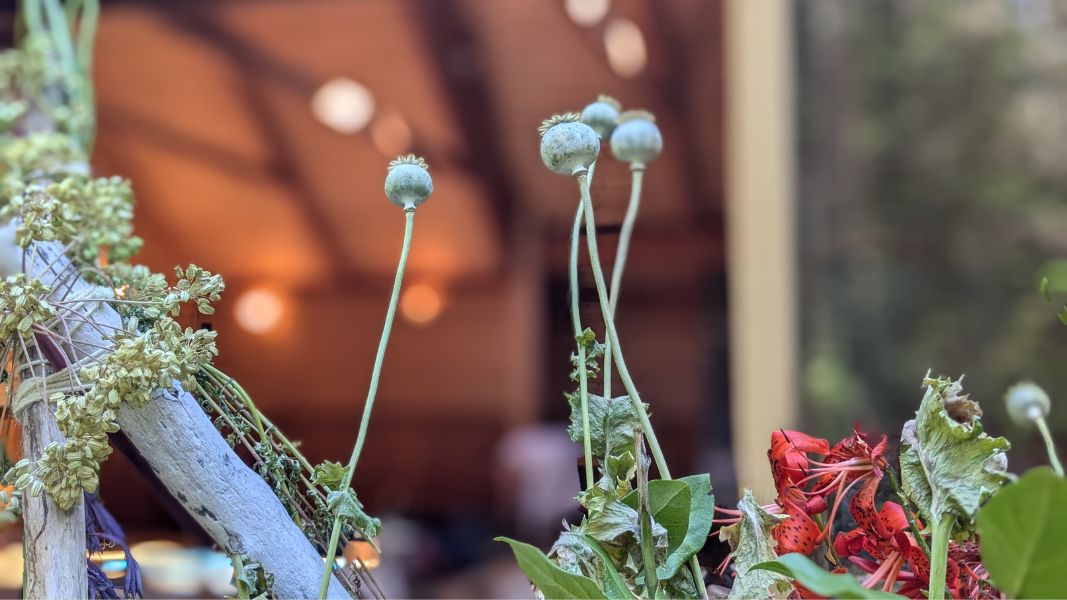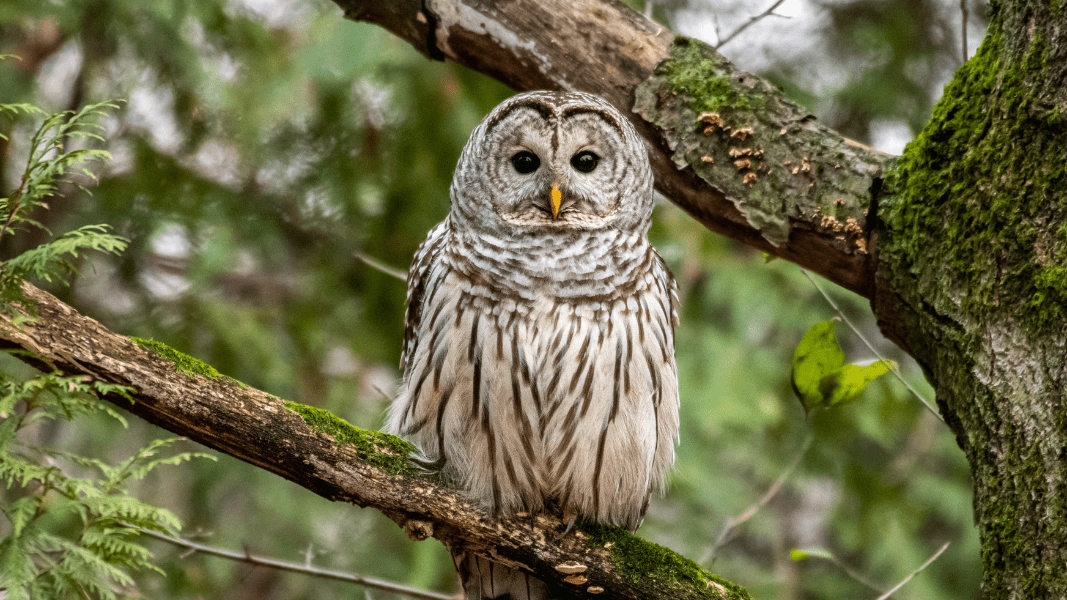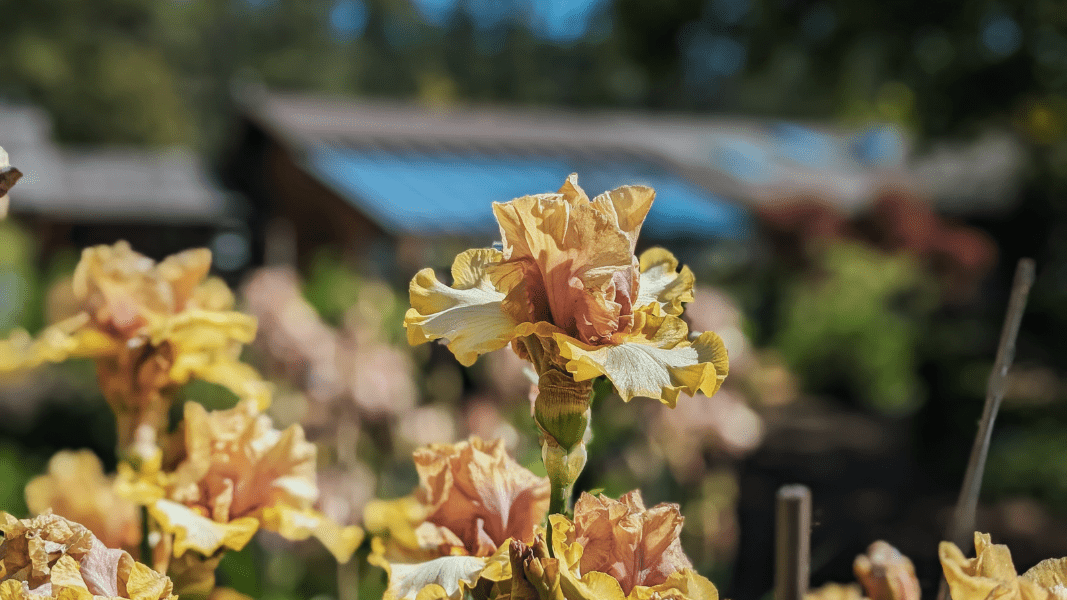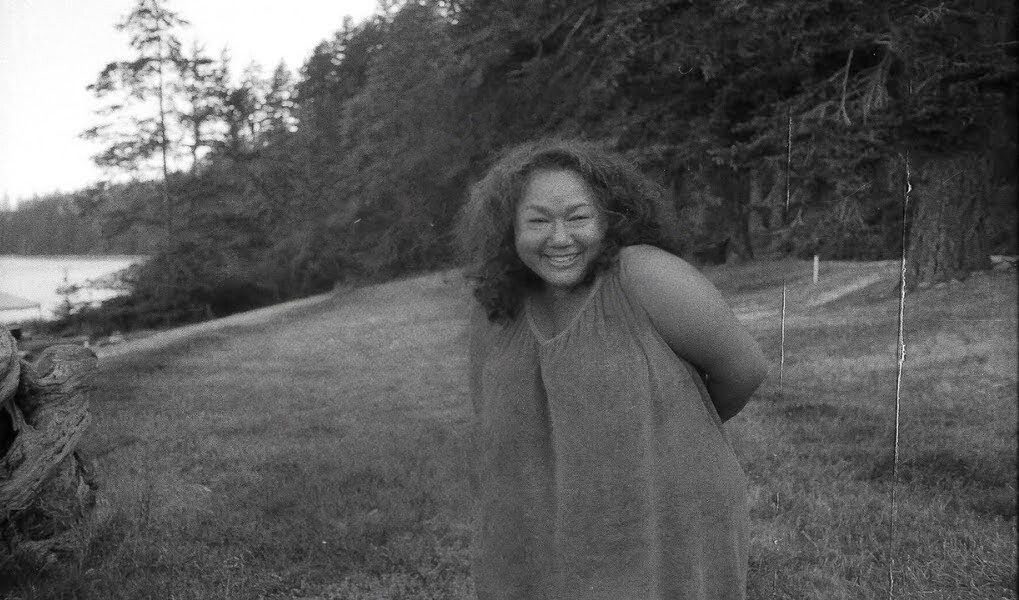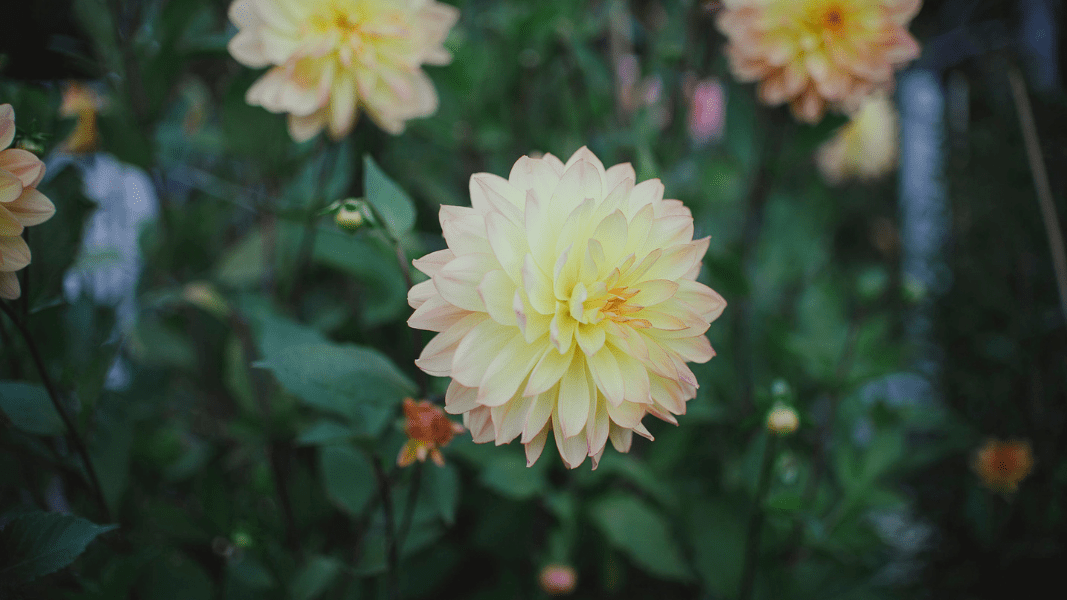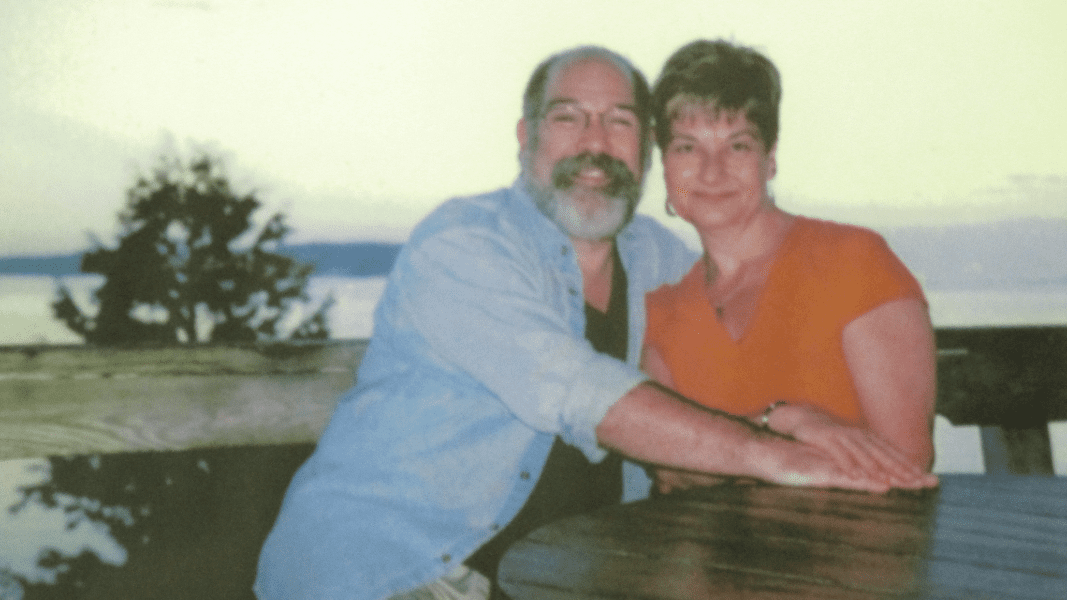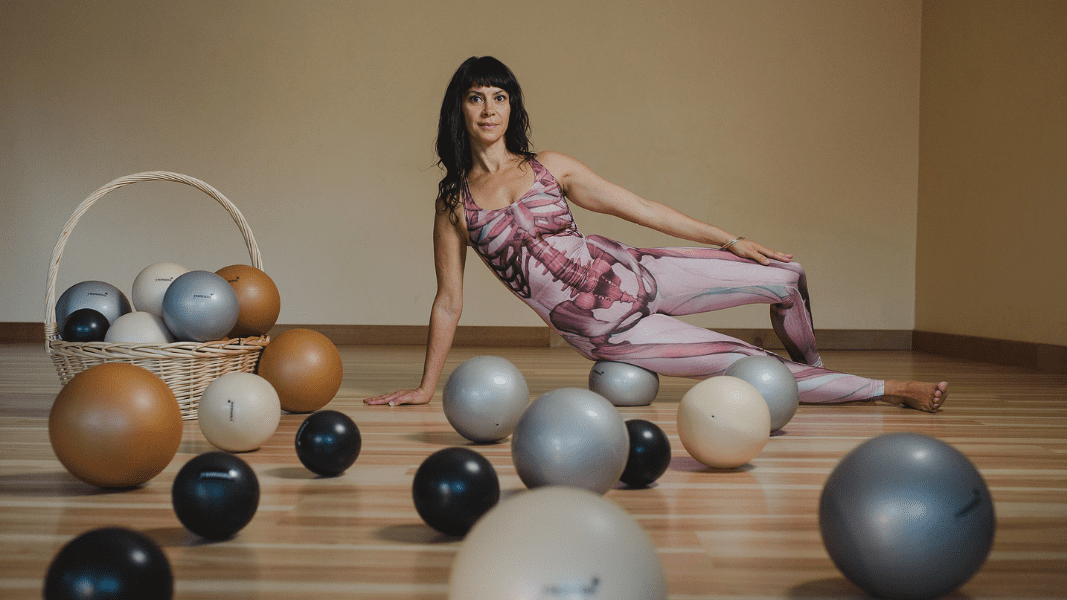I’ve started writing something new. In the morning, I write before doing anything else. I try to do this every day. It’s easier to start a fire with hot coals than cold ones, and when I touch in every day, the nebulous images I’m writing retain a little of that heat and glow.
Even with a daily habit, writing before I try to make sense of the news or read email or make a plan of any kind, my thoughts are active, verbal, and rational. It’s my default setting.
Which is to say, the moment my pen hits the page, I always to try to think something up before I write anything down.
My thoughts go like this: Get your head clear and focused. What comes next? Hm. Think up something good and interesting! What do you really want to say here? What happens in this scene? Think! Think!
I get a furrowed brow, and my breathing gets shallow.
There is so much effort involved in making something up.
This happens to me every time I write, so I’m used to it by now, and I know a good remedy.
Here’s what I do:
1. First, I let myself experience wordlessness.
2. I stay wordless until I feel a moment of connection.
3. Then, I write from that connected place.
Wordless writing feels different from thinking-writing. It’s more collaborative. Writing from a wordless place makes it feel like you’re writing from the inside of the story.
In other words, you are no longer separate from it.
Going wordless looks different depending on the day. In the winter, I can go wordless when I stare at a flickering candle, watch the snow fall, or pay attention to the rising swirl of steam from my coffee. In warm weather, I sit outside for fifteen minutes, listen to the birds, and watch the wind move the tree branches or the grass.
I know I don’t have to explain this to you. You know what wordlessness is.
It’s when you’re staring into space and doing absolutely nothing. This takes the time it takes. Going wordless looks very unproductive.
That moment of connection though — this feels like going through a portal. Once you stop thinking and you’re paying attention without words, you’re deep noticing.
And when you’re deep noticing, everything you see is sparked with detail. It feels alive.
When you write from that state of mind, images, characters and scenes begin to rise up from that mysterious place where ideas live. You don’t feel like you’re thinking them up. You’re not exactly controlling them, either. You’re noticing them, and then putting them into words.
Spring is here: all of nature is waking up, feeling alive and noticing the details. I can’t think of a better time to start paying attention without words. Join me as we take this creative writing journey in “Deep Noticing for Distracted Writers” at Hollyhock this August.
photo credit: Darshan Alexander Photography

